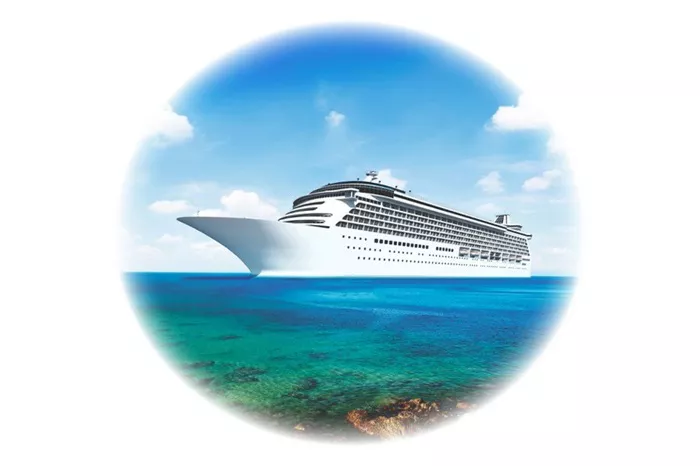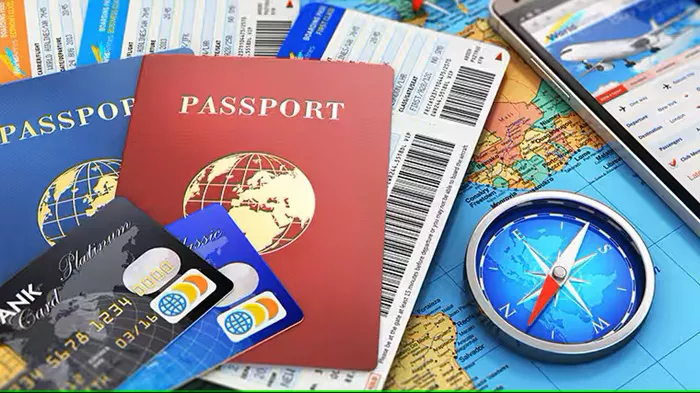When planning a holiday, securing the right insurance is crucial to ensure a worry-free experience. This article will guide you through the types of insurance you may need for your holiday, helping you to choose the best coverage for your trip. Understanding what insurance to have in place can protect you from unexpected events and provide peace of mind as you enjoy your travels.
Types of Holiday Insurance
When it comes to holiday insurance, there are several key types you should consider. Each type of insurance offers different protections, so it’s important to choose based on your travel needs and personal circumstances.
1. Travel Insurance
Travel insurance is the most comprehensive type of coverage for holidaymakers. It typically includes:
Medical Coverage: Covers the cost of medical treatment if you fall ill or are injured while traveling. This can include hospital stays, medical consultations, and emergency transportation.
Trip Cancellation: Reimburses you if you need to cancel your trip due to unforeseen circumstances, such as illness or a family emergency.
Lost or Delayed Baggage: Provides compensation for lost, stolen, or delayed luggage and personal items.
Travel Delays: Offers compensation for expenses incurred due to flight delays or cancellations, such as accommodation and food.
Personal Liability: Covers legal costs if you are held responsible for causing injury or damage to someone else or their property.
2. Medical Insurance
If you are traveling abroad, especially to a country with high medical costs, medical insurance is essential. This type of insurance focuses solely on covering:
Emergency Medical Expenses: Costs associated with unexpected medical treatment, including hospitalization and emergency medical evacuation.
Emergency Dental Treatment: Coverage for urgent dental issues that arise during your trip.
Repatriation: The cost of returning you to your home country for medical treatment if necessary.
3. Baggage Insurance
Baggage insurance is crucial if you are traveling with valuable items or have expensive luggage. It provides coverage for:
Lost or Stolen Baggage: Compensation for the loss of personal belongings due to theft or mishandling by the airline.
Delayed Baggage: Reimbursement for essential items purchased while waiting for your delayed luggage.
4. Rental Car Insurance
If you plan to rent a car during your holiday, rental car insurance can protect you against:
Collision Damage: Covers the cost of damage to the rental vehicle in the event of an accident.
Theft Protection: Provides coverage if the rental car is stolen.
Liability Coverage: Offers protection if you are responsible for injury or damage caused to other people or their property while driving the rental car.
5. Cancellation Insurance
Cancellation insurance is particularly useful if you have pre-paid for travel arrangements or accommodations. It helps you recover:
Non-Refundable Deposits: Reimbursement for deposits or payments that cannot be refunded if you need to cancel your trip.
Pre-Paid Expenses: Coverage for any additional pre-paid expenses related to your holiday.
6. Adventure Sports Insurance
If your holiday involves adventure sports or activities, such as skiing, scuba diving, or mountain climbing, specialized insurance is necessary. It typically includes:
Emergency Medical Coverage: For injuries sustained during adventure activities.
Search and Rescue: Coverage for the cost of search and rescue operations if needed.
Equipment Coverage: Protection for loss, damage, or theft of sports equipment.
Choosing the Right Insurance for Your Holiday
Selecting the appropriate insurance depends on various factors, including:
Destination: Different countries have different medical costs and risks. Choose coverage based on the country or region you are visiting.
Activities Planned: Consider the activities you will be engaging in and whether you need specialized coverage for them.
Duration of Trip: Longer trips may require more extensive coverage, especially for medical and travel delays.
Personal Health: If you have pre-existing health conditions, ensure your insurance policy covers them.
See Also: What Does Princess Cruise Insurance Cover?
How to Purchase Holiday Insurance
Compare Policies: Use comparison websites to find the best policy that suits your needs and budget.
Read the Fine Print: Carefully review the policy details, including exclusions and limitations.
Check for Additional Benefits: Look for added benefits like 24/7 assistance and coverage for trip interruptions.
Consider Annual Travel Insurance: If you travel frequently, an annual travel insurance policy may offer better value than single-trip coverage.
Conclusion
In conclusion, understanding “What Insurance Do I Need for Holiday” is essential for a stress-free travel experience. From travel insurance to specialized coverage for adventure sports, choosing the right insurance can protect you from unexpected events and ensure that your holiday goes as planned. By carefully selecting the appropriate policies, you can enjoy your trip with peace of mind, knowing you are well-covered for any situation that may arise.
FAQs
1. What is the difference between travel insurance and medical insurance?
Travel insurance and medical insurance serve different purposes. Travel insurance is a comprehensive policy that covers a wide range of issues that may arise during your trip, including trip cancellations, lost or delayed baggage, travel delays, and personal liability. It also includes medical coverage, but its focus is on the overall travel experience.
Medical insurance, on the other hand, specifically covers medical expenses incurred while traveling. This includes emergency medical treatment, hospital stays, and medical evacuation. Medical insurance is particularly important for travelers going to destinations with high healthcare costs or for those with pre-existing health conditions.
2. Do I need travel insurance if I have health insurance?
Even if you have health insurance, it is still advisable to purchase travel insurance. Standard health insurance plans often do not provide coverage outside of your home country or may have limited international coverage. Travel insurance offers additional protections such as trip cancellation, baggage loss, and travel delays, which are not typically covered by health insurance.
Additionally, travel insurance often includes emergency medical evacuation, which can be crucial if you require specialized medical care or need to be transported back to your home country. For comprehensive protection during your travels, a combination of health insurance and travel insurance is recommended.
3. What does cancellation insurance cover?
Cancellation insurance is designed to protect you financially if you need to cancel your trip due to unforeseen circumstances. Coverage typically includes:
Non-Refundable Deposits: Reimbursement for deposits or payments made for accommodations, flights, or other travel services that cannot be refunded.
Trip Cancellation Costs: Compensation for additional costs incurred if you need to cancel your trip, such as rebooking fees or cancellation penalties imposed by airlines or hotels.
Covered Reasons: Cancellation insurance usually covers a range of reasons, including illness, injury, or a family emergency. It’s important to review the policy to understand the specific reasons covered and any exclusions.
4. How does rental car insurance work?
Rental car insurance provides coverage for various issues that may arise while renting a vehicle. It typically includes:
Collision Damage Waiver (CDW): Covers the cost of damage to the rental car in the event of an accident. It may also include a deductible, which is the amount you will need to pay out-of-pocket.
Theft Protection: Provides coverage if the rental car is stolen, including the cost of replacing the vehicle.
Liability Coverage: Offers protection if you are held responsible for causing injury or damage to other people or their property while driving the rental car.
Rental car insurance can be purchased through the rental car company or through a third-party provider. It is important to review the terms and conditions to understand what is covered and any potential exclusions.
5. What is adventure sports insurance, and do I need it?
Adventure sports insurance is specialized coverage designed for travelers engaging in high-risk activities, such as skiing, scuba diving, or mountain climbing. It typically includes:
Emergency Medical Coverage: For injuries sustained during adventure sports activities.
Search and Rescue: Coverage for the cost of search and rescue operations if necessary.
Equipment Coverage: Protection for loss, damage, or theft of sports equipment.
If you plan to participate in adventure sports during your holiday, this type of insurance is essential. Standard travel insurance may not cover high-risk activities, so specialized coverage ensures you are protected in case of accidents or emergencies.




















